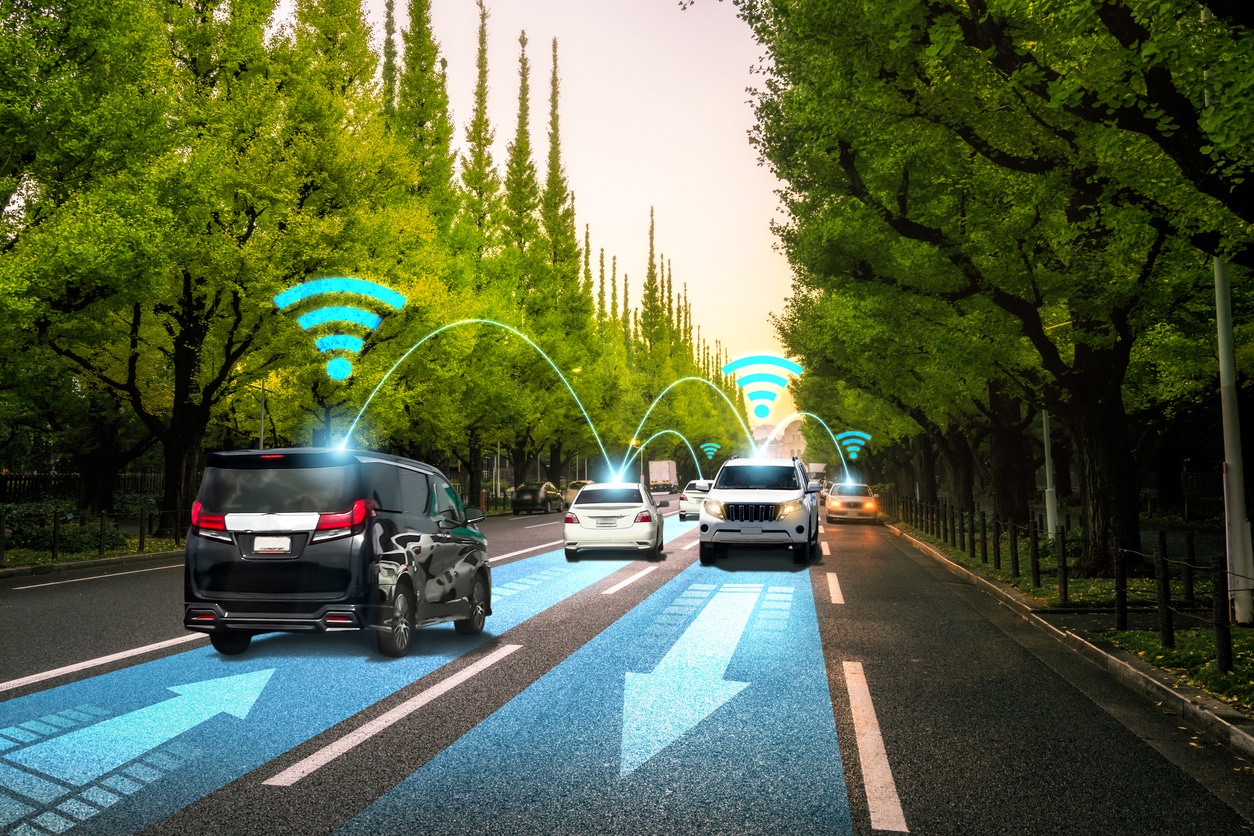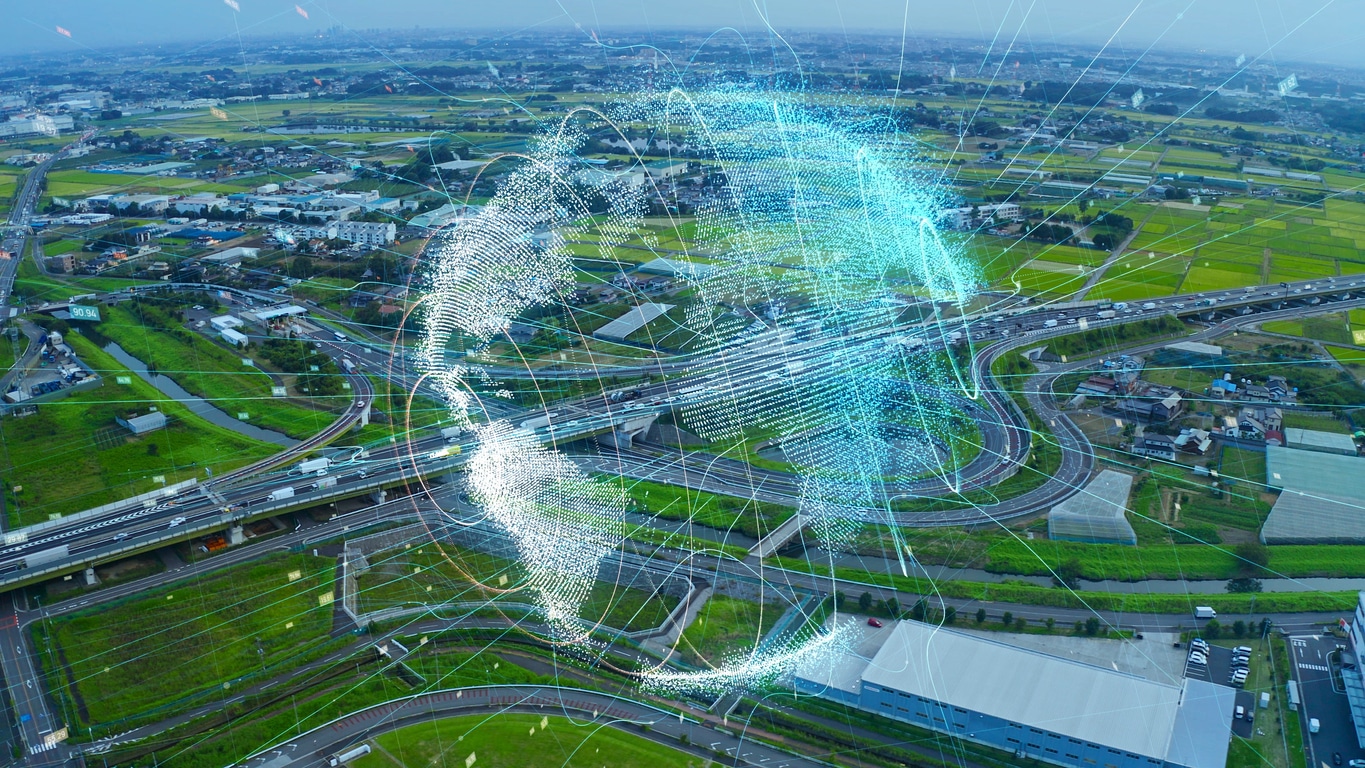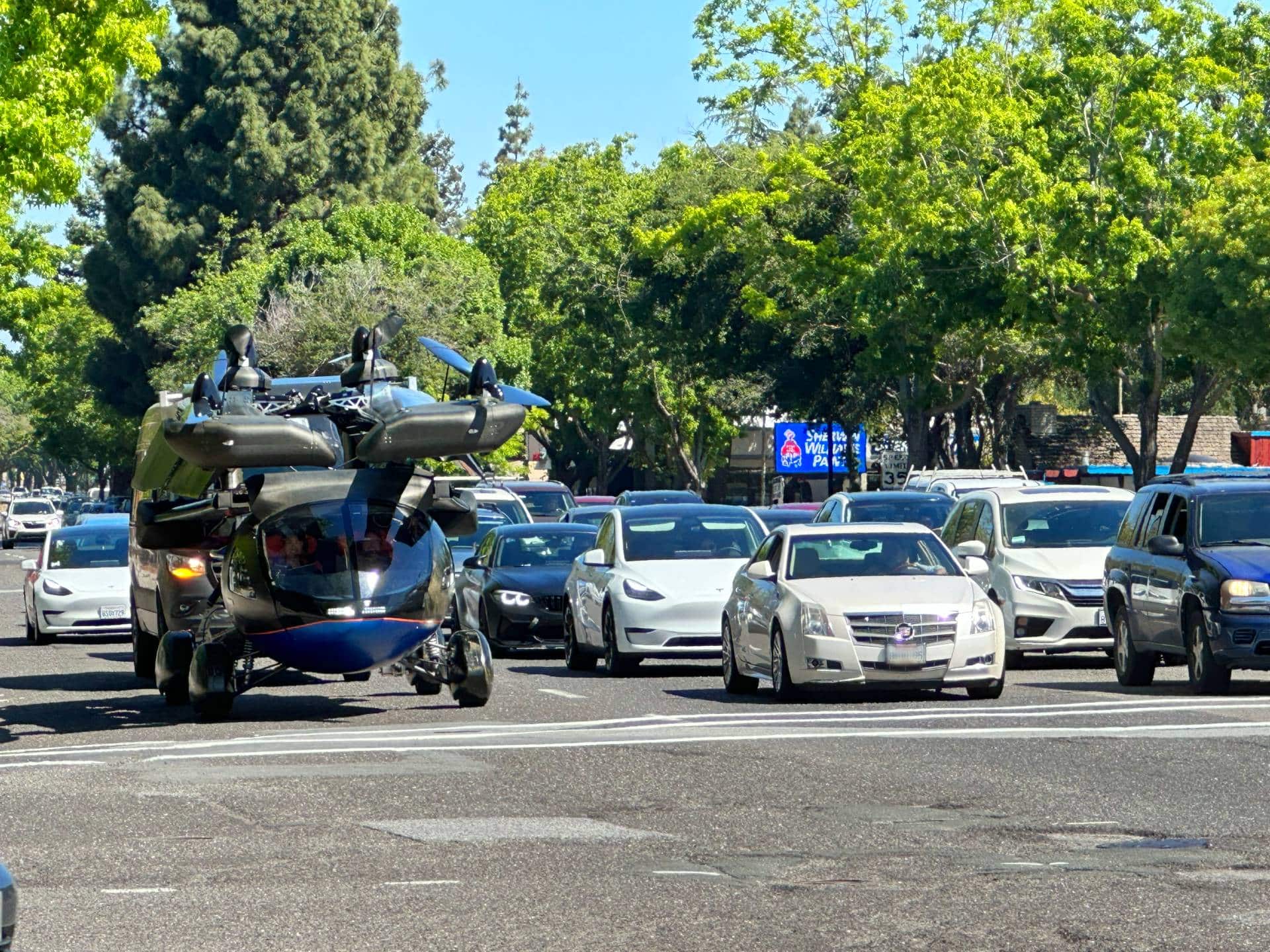
Smart Cities, Smarter Transportation: What’s Happening and What’s Next?
Smart technology is revolutionizing not only cities, but transportation. Smart cities are using big data in decision-making and are integrating with automotive IoT to utilize data for improved transportation systems. How will transportation develop and where will it lead? Will the digital transformation benefit municipal transport, private transportation or both? As digital technologies advance and merge, transportation is at the forefront of the smart revolution because mobility is a significant part of urban dwellings and activities.
In urban centers, technologies including IoT, AI, Wi-Fi, AR and 5G will play roles in evolving smart transportation. Smart parking with an automated license plate camera system, cashless payments, instant smart route planning and the integration of several technologies already exist and are constantly being improved. Consider how the smartphone-enabled the development of the transformational transport service Uber, although our current digital revolution will implicate much more than just ordering a taxi or rideshare service.
Many smart transportation systems rely on the use of expensive embedded sensors in infrastructures. However, technological advancements are moving away from this and toward connected car data.
Digital Innovation in Smart Cities
As the digital urban environment develops using increased interoperability, more innovation will be possible. Reducing vehicle emissions to eliminate traffic congestion will mean savings in both costs and time spent behind the wheel. The future will see the convergence of parking sensors, smart card ticketing, GPS, smartphones and congestion observation to supply data for analysis about how and when citizens move within an urban area and how variables such as weather, traffic or events can affect traffic patterns.
Existing Digital Ecosystems and Advanced Transport Systems
As digital urban ecosystems develop, they will offer increasing convenience for citizens as they are critical for efficient transportation operations. Steps in this direction are already in place and functioning. In Germany, an app permits citizens to match their actual location with available trains and buses all from their smartphones. The app also permits paying for tickets. This makes the entire experience efficient, rapid and convenient.
In Helsinki, citizens use WHIM which integrates bike and car sharing with public transport systems all accessible from users’ smartphones. While Copenhagen has introduced smart traffic lights that prioritize cycle users and reduce bus travel.
Paris is replacing its entire bus fleet with electric vehicles and investing in adapting its infrastructure to utilize mass deployment of connected vehicles in its already existing smart transportation system. London is launching Sitraffic Fusion to manage traffic flow with connected car data. New York City has begun a Connected Vehicle Pilot Program to use collected connected vehicle data for various applications and technologies.
Yet, smart cities with smarter transportation require rapid and dependable connectivity to function. Technology such as edge computing offers the possibility to move data processing and storage out of data storage centers and nearer to the devices they must serve to achieve an intelligent transport network.
Privacy and Security Issues
Connection is at the core of both smart cities and transportation systems, so this raises the issue of both privacy and the security of data transfer. Whether travelers will be comfortable with personal data being analyzed to predict traffic and travel for a more customized transportation service will be an ongoing debate. The interoperability of data and systems is vital to the success of smart transport. Still, all data collected needs to be protected, making security a critical factor in all smart cities and their transportation systems.
A perceived lack of security in IoT receives quite a bit of attention, so an improved comprehensive security strategy will be needed with the continued expansion of IoT. This can, in turn, benefit smart transportation systems as they evolve and increase in number. Smartphones will become the instrument with which people connect to smart systems and offer customized services.
Smart Cities; Smart TransportION; Smart Future.
Our smart future will be powered by technology and data, facilitated by transport and focused on serving citizens. Efficient transport systems are vital to productivity and economies. This is where smart data collection and analysis can make a difference.
Transport systems must have a well-defined relationship with the areas they serve. While autonomous vehicles may appear in the news, it is an advanced smart digital ecosystem that permits them to function and maximize their performance and without which safety cannot be guaranteed. Complex sensor networks, including road sensors, with data collection and analysis capabilities together with connected vehicle data are necessary and are being developed to respond to continually evolving transportation needs.
Smart vehicles, whether private or municipal, will benefit from increased integration with national transport infrastructures, traffic signal control systems and satellite navigation. Smart vehicles will know when to slow down, stop or if there is trouble ahead. This type of data-produced communication will improve the management of transportation and traffic, reducing accidents and road problems. The pairing of IoT with 5G systems will lead to increasing interoperability resulting in truly transformative smarter transportation systems. Smarter transportation is here.




Pingback: 4 Ways AI Can Make Harlem Streets Safer